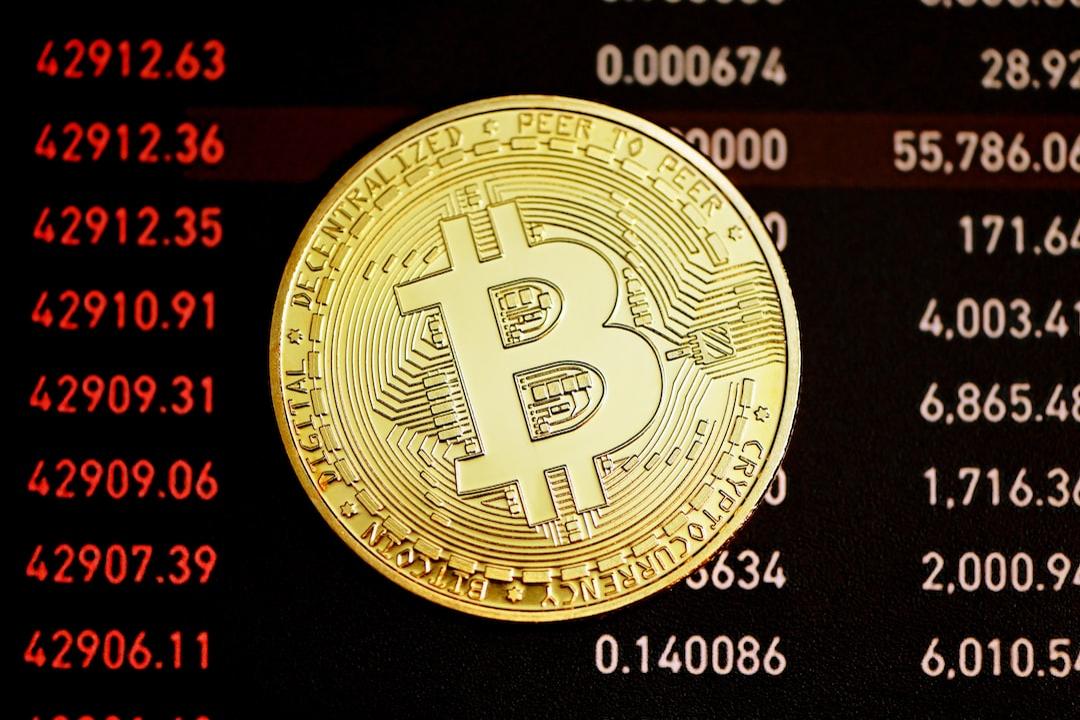Judge Lewis Kaplan, presiding over the United States District Court for the Southern District of New York, has sentenced Sam “SBF” Bankman-Fried to 25 years in prison after being found guilty on seven felony charges. This makes SBF the first person associated with FTX and Alameda Research to receive prison time following the collapse of the exchange in November 2022.
Mark Bini, a former assistant U.S. Attorney for the Eastern District of New York, stated that Judge Kaplan carefully considered various factors before delivering the sentence, including the severity of the crime, SBF’s dishonesty on the witness stand, and witness tampering. Bini added that the sentence, although shorter than the prosecutors’ request for 40-50 years, is significant and serves as a warning that those convicted of crimes in the cryptocurrency space will face severe consequences.
Four other individuals connected to FTX and Alameda, namely Gary Wang, Caroline Ellison, Nishad Singh, and Ryan Salame, have pleaded guilty and accepted deals in the same case as SBF. Salame, the former co-CEO of FTX Digital Markets, did not testify during Bankman-Fried’s trial and will likely be sentenced on May 1.
Shortly after the announcement in the New York courtroom, crypto users took to social media to express their opinions. Many argued that 25 years of imprisonment was not enough, considering that longer sentences have been given for less serious offenses.
In other news, the financial regulator of the Philippines has decided to block local users from accessing Binance, the world’s largest cryptocurrency exchange. The country’s Securities and Exchange Commission (SEC) cited concerns over Binance’s unlicensed operations in the country. The SEC, with the assistance of the National Telecommunication Commission, will block access to Binance’s website and online trading platform. The SEC alleges that Binance offers investment products without the required licenses, violating the Securities Regulation Code. The ban will be implemented within three months, allowing investors to close their positions held through Binance. Additionally, the SEC has requested Google and Meta to block Binance-related advertising for Filipino users.
Meanwhile, the National Data Protection Commission (CNPD) in Portugal has decided to temporarily limit Worldcoin’s collection of biometric data through its Orb devices within the country. The CNPD made this decision to protect the rights of citizens, particularly minors, following reports of data collection from minors without proper authorization from parents or legal authorities. The measure will take immediate effect and will remain in place until the conclusion of an investigation.
On a positive note, Coinbase Wallet has achieved a victory in court against the Securities and Exchange Commission (SEC). U.S. District Judge Katherine Failla dismissed allegations against Coinbase Wallet, which is seen as a win for self-custody wallets and decentralized finance (DeFi) apps. The judge rejected Coinbase’s request to dismiss the SEC’s lawsuit, stating that the SEC had sufficiently presented evidence that Coinbase was operating without a license and that its crypto staking offering constituted unregistered securities. However, the judge also noted that the SEC had failed to provide evidence that Coinbase conducted brokerage activity through Coinbase Wallet, which allows users to have full control over their assets.

